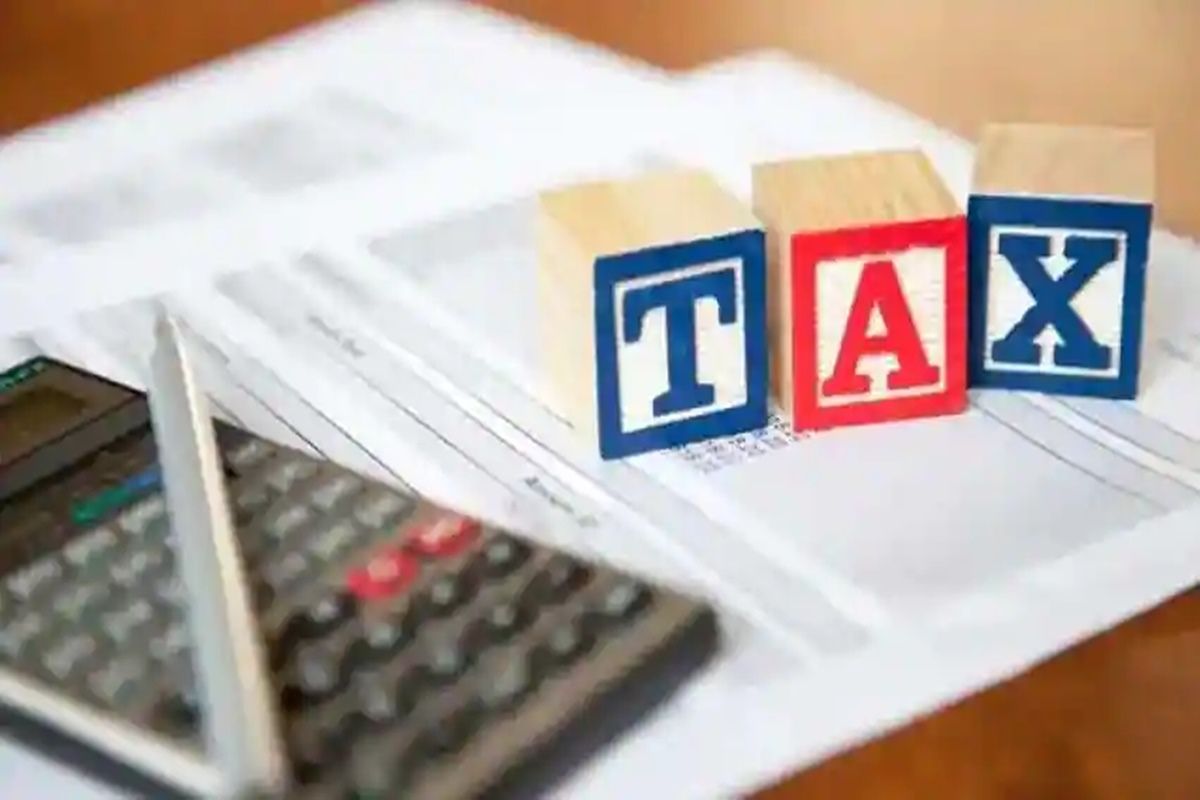
A Comprehensive Guide to Form DPT-3: Understanding the Basics
Meaning
Form DPT-3 is a return of deposit filed by the Companies pursuant to Rule 16 of the Companies (Acceptance of Deposits) Rules, 2014. Every company to which these Rules apply, and has accepted any amount categorized under deposits or exempt category deposits during the year in adherence to the provisions of section 73 to 76A of the Companies Act, 2013 and the Rules made thereunder, and the same is outstanding as at the end of the financial year i.e., on 31st March, are required to file return in E-Form DPT-3 on or before 30th day of June every year with the Registrar of Companies (ROC). Any amount outstanding in relation to receipt of money includes the principal as well as the interest.
Non-Applicability of DPT-3
Pursuant to Rule 1(3) of Companies (Acceptance of Deposits) Rules, 2014, the following classes of companies are exempted from filing the return on deposits (the Rules are completely not applicable to these companies):
- Banking Company
- Non- Banking Financial Company as defined under RBI Act, 1934;
- Housing Finance Company registered with National Housing Bank established under National Housing Bank Act, 1987
- A company specified by the Central Government under the proviso to section 73(1) of the Companies Act, 2013.
- Government Company
Why to file DPT-3?
Filling of form DPT-3 is applicable for receipt of money by the company in any form be it Deposits or Exempted-Deposits. Separate e-Forms is to be used for separate purposes. E-form DPT-3 contains radio button for each purpose and allows choosing only one purpose at a time by choosing respective radio button. One is required to select from the below mentioned categories for which the form is to be filed:
- Return of Deposit
- Particulars of transactions by a company not considered as deposit as per rule 2(1)(c) of the Companies (Acceptance of Deposit) Rules, 2014;
- Return of Deposit and particulars of transactions by a company not considered as deposit;
- Onetime Return for disclosure of details of outstanding money or loan received by a company but not considered as deposits as per rule 2(1)(c) of the Companies (Acceptance of Deposits) Rules, 2014
Due date to file DPT-3
All the companies to which the Companies (Acceptance of Deposits) Rules, 2014 is applicable are required to file the form DPT-3 within 30th June every year for the financial year ending on 31st March.
Note: In case the company has no outstanding loans, deposits, then they are not required to file Form DPT-3.
Does DPT-3 required to be filed based on Audited Balance Sheet:
The details of net worth as per the latest audited balance sheet preceding the date of return as required to be furnished in th form has to be made as per the latest financial statements duly audited by the Auditors. However, the details of deposits outstanding as on 31st March that needs to be reported can done based on the unaudited figures.
Documents required for filing DPT-3:
- Copy of Trust Deed: Mandatory to attach in case either of the options ‘Return of Deposit’ or ‘Return of Deposit and particulars of transactions by a company not considered as deposit’ is selected and if SRN of CHG-1/CHG-9 is provided for “SRN of CHG-1/CHG-9 filed for creation of charge”.
- List of Depositors
Mandatory to attach in case either of the options "Return of Deposit" or "Return of Deposit and particulars of transactions by a company not considered as deposit" is selected and if a value greater than zero is provided in "Balance of Deposits".
- Auditor’s declaration stating that the amount specified in 'Particular of deposits' and 'Particulars of liquid assets' is correct and is in line with the relevant provisions of the Companies Act, 2013
Certification by a Professional
The details required in e-Form DPT-3 are to be digitally signed by the director/manager/CEO/ CFO/CS of the company.
Note: Further, the form also needs certification by the Statutory Auditor in case where 'Particular of deposits' and 'Particulars of liquid assets' are mentioned.
Fee for Filing DPT-3
| Nominal Share Capital(INR) | Applicable Fees(Rs) |
| Where share Capital is less than Rs. 100000 | 200 |
| 100000 or above but not exceeding 499999 | 300 |
| 500000 or above but not exceeding 2499999 | 400 |
| 2500000 or above but not xceeding 9999999 | 500 |
| 10000000 or above | 600 |
Fee for filing e-Form or documents in case the Company not having share capital:
In this case, the fees applicable are only Rs 200.
Additional Fee
| Period of Delays | Applicable Fees(Rs.) |
| Upto 30 days | 2 times of normal fees |
| More than 30 days and upto 60 days | 4 times of normal fees |
| More than 60 days and upto 90 days | 6 times of normal fees |
| More than 90 days and upto 180 days | 10 times of normal fees |
| More than 180 days | 12 times of normal fees |
Processing Mode
STP Mode
DPT-3 form shall be processed in STP Mode in case purpose of filing the form is either ‘Onetime Return for disclosure of details of outstanding money or loan received by a company but not considered as deposits as per rule 2(1) (c) of the Companies (Acceptance of Deposits) Rules, 2014’ or Particulars of transactions by a company not considered as deposit as per rule 2(1)(c) of the Companies (Acceptance of Deposit) Rules, 2014
Non-STP Mode
DPT-3 web form shall be processed in Non-STP mode in case purpose of filing the form is either ‘Return of Deposits’ or ‘Return of deposit and particulars of transactions by a company not considered as deposit ’.
Fine for Non-filing of the E-form
Under Section 76A
- Company: A fine which shall not be less than Rs. 1 Crore or twice the amount accepted by the Company, whichever is lower but which can extend to Rs. 10 crore;
- Officer who is in default: Shall be punishable with imprisonment upto 7 years and with fine shall not be less than Rs. 25 Lakh but which may extend to Rs. 2 crore.
Under Rule 21 of Companies (Acceptance of Deposits ) Rules 2014
Company and every officer of the Company who is in default shall be punishable within fine which may extend to Rs. 5,000 and in case of continuing contravention, a further fine of Rs. 500 for each day the default continues.




